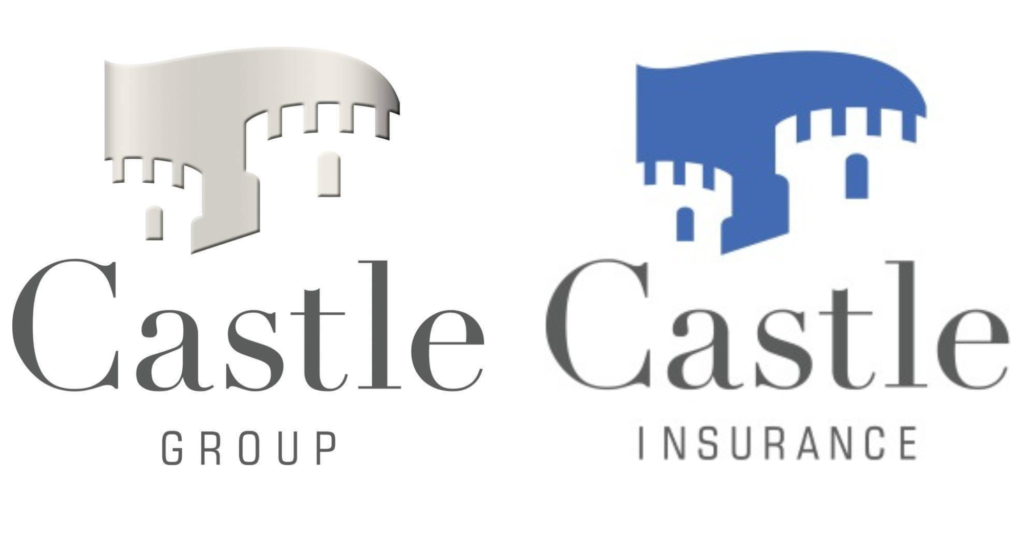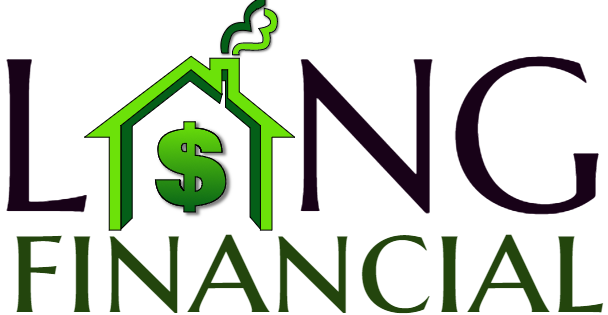
Refinance your mortgage
If you’ve built up a good deal of equity in your home, you may want to do a ‘cash-out refinancing’ (also known as ‘equity take out refinancing’) to get money for home improvements or other major purchases. In any case, you’ll need to consider the cost of refinancing including closing costs and legal fees, and even prepayment penalties against the savings you will make by lowering your interest rate and monthly payment. Finally, all these calculations need to be seen in the context of how much longer you plan to live in your present home.
The first step you should always take is to complete an application so I can assess your own unique and personal mortgage situation. This step will give us all the necessary information to allow us to “shop” the entire mortgage market and secure the best possible mortgage deal available for you.
We will follow up with a meeting where we will help you understand the entire refinancing process and how the expected costs and savings will affect you.
What is refinancing?
Refinancing means renegotiating the terms of your loan, whether to lower the interest rate, change the repayment period, increase the amount of the loan, or switch to an adjustable-rate loan from a fixed-rate loan, or vice versa. A new mortgage pays off the old one, and you begin making payments based on your new payment schedule and terms.

Why would I even think about refinancing?
The most common reason to refinance is to switch to a loan with a lower interest rate. Consider, for example, a scenario where your mortgage has a five-year fixed-rate term with an interest rate of five percent, while today’s current rate has dropped to four percent. If you refinance, you’ll have a lower interest rate over the term of your loan. However, that doesn’t necessarily mean that you’ll save money on the deal, either over the long term or on your monthly payment. There’s more to it than that! Refinancing costs money, and you may be charged for a new appraisal, a penalty, and legal costs – all of which can add up to hundreds or even thousands of dollars. You may want to consider this rule of thumb: refinance if you can lower your rate by at least one percentage point. Sit down with us and we’ll help you do the math.

Depending on your individual financial goals, there might be other reasons to think about refinancing. For example, if your income has increased and your priority is to get out of debt as soon as possible, you can refinance to a loan with a shorter repayment period – such as replacing a 35-year amortization with a 15-year amortization. This typically saves you thousands of dollars in interest. To finance a major expenditure such as a home renovation, college tuition, or a new car, homeowners with significant equity in their house might opt for ‘equity take out’ refinancing, in which you increase the amount of principal you owe on your loan. If you’re strapped for cash in the short term, you can lower your monthly payments by switching to a different type of mortgage (for example from a fixed to an mortgage) or by extending your repayment period, although these options may increase your total interest costs over time.

An important consideration is how long you intend to stay in your home. If you think you might move in a year or two, the transaction costs may outweigh any potential savings you’ll realize in such a short time frame. Another factor is whether there is a prepayment penalty on your current mortgage. When weighing the refinancing costs, adjustable-rate you need to calculate how long it will take to reach the break-even point when your cost savings balance out the up-front fees associated with refinancing. For example, if your new monthly payment is $200 less per month, but you have to pay $3,000 in transaction costs, it will take you a little over two years to start saving money. To get a more precise estimate on your particular situation, enter the terms of the new mortgage into an online refinancing calculator that allows you to see whether it saves you money compared with your current deal.

What will my refinancing costs be?
Refinancing a mortgage always carries some standard costs and usually requires a visit to a lawyer. To make it easier for you, we have a law office in our building and have arranged for special pricing for our clients.
Each refinanced mortgage transaction is somewhat unique, but here are examples of some factors that can affect your final costs:
- changes in title if someone who is currently on title of the home has to be removed for some reason
- multiple mortgages on title that have to be discharged or registered
- many different debts paid out by the lawyer
Your Castle Mortgage specialist will provide you with a close estimate as to the costs associated with your specific refinance transaction, but ultimately the lawyer will determine the actual cost. We always try to ensure that there is enough money from your mortgage refinance to cover all of these costs.
Take a look at our easy-to-complete Mortgage Pre-Approval. Fill out all the fields as accurately as possible in order to speed up the process and allow your Pre-Approval to be processed quickly.
At Lang Financial, we service customers across Canada. Primarily, we offer Financial Advice in Southern Manitoba and Northwestern Ontario areas.
I work with Castle Insurance Group Inc.

